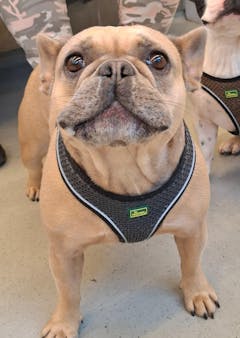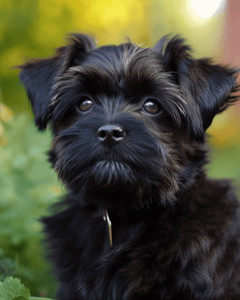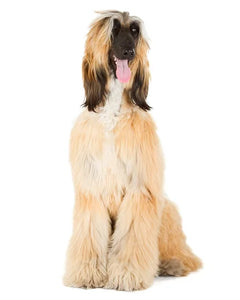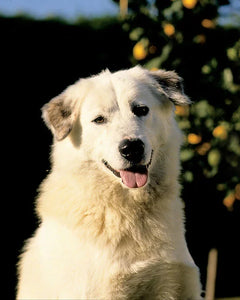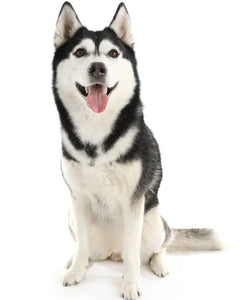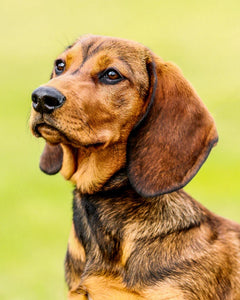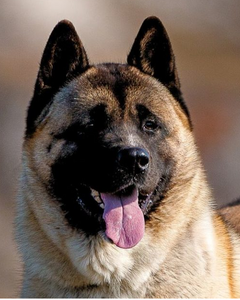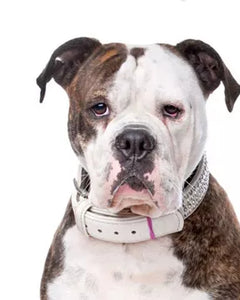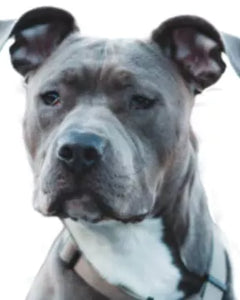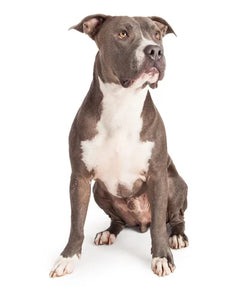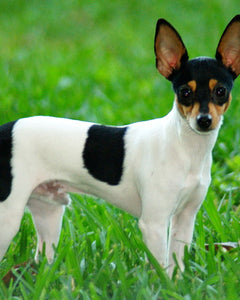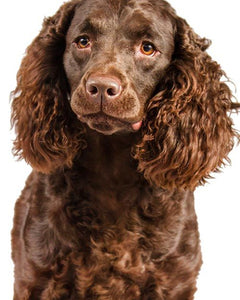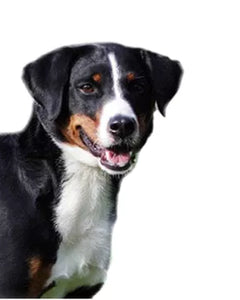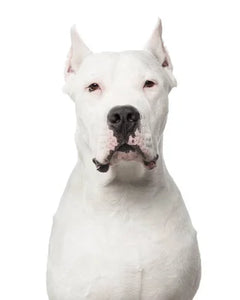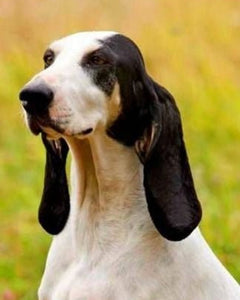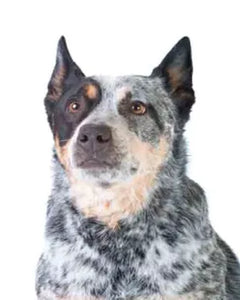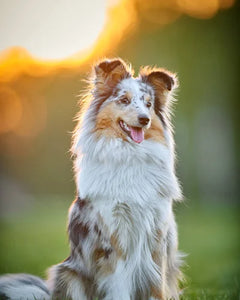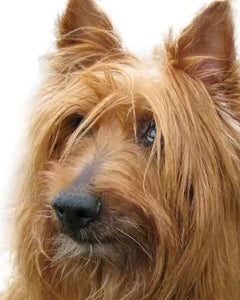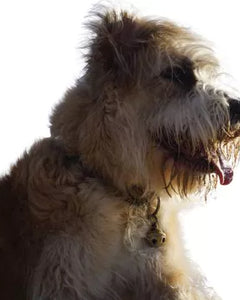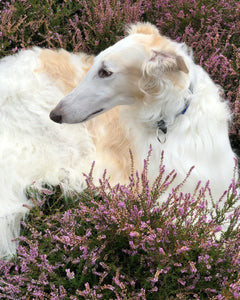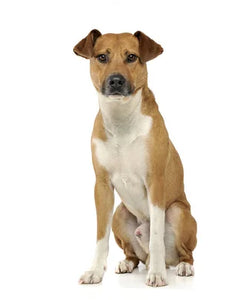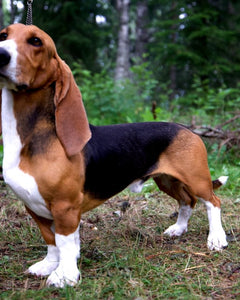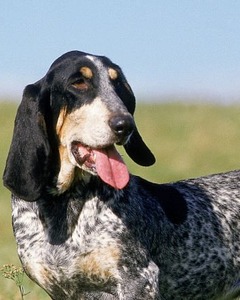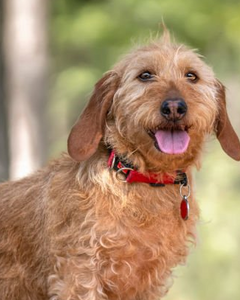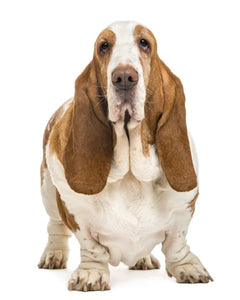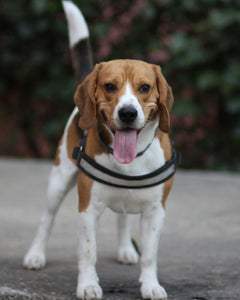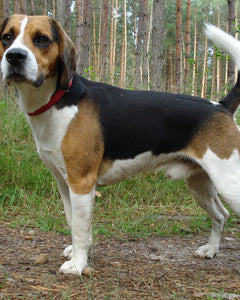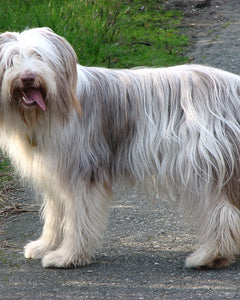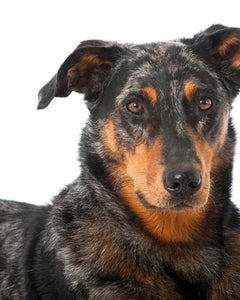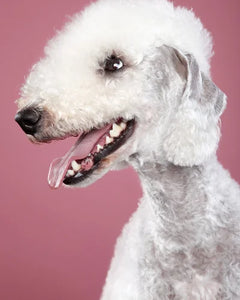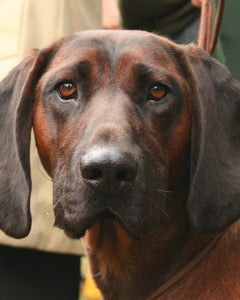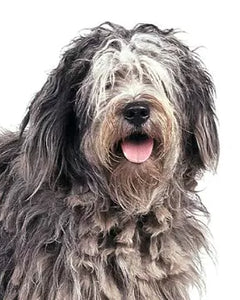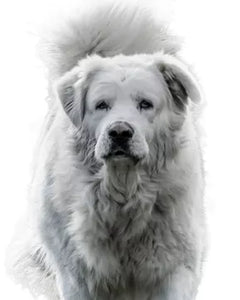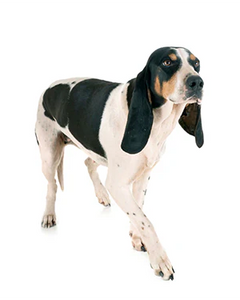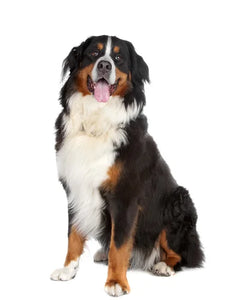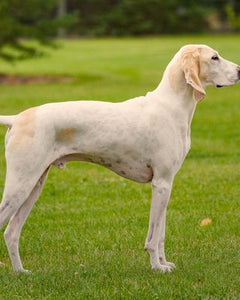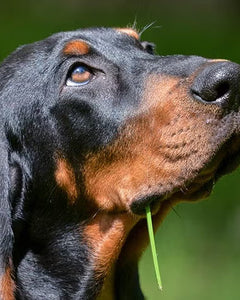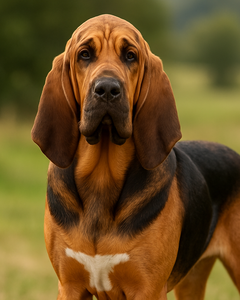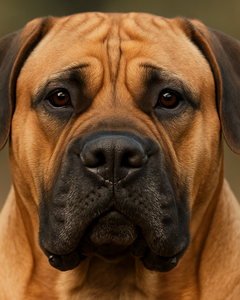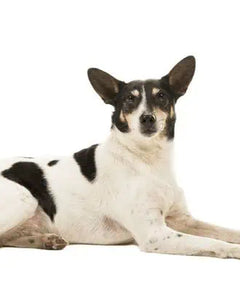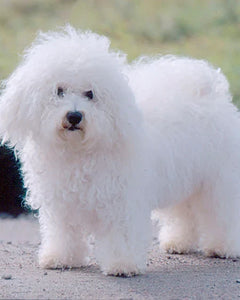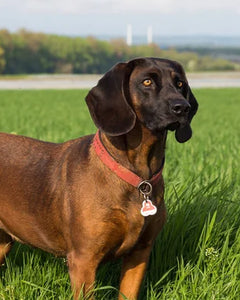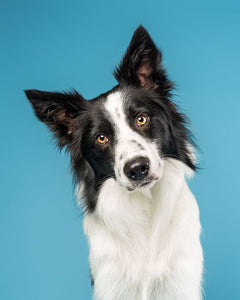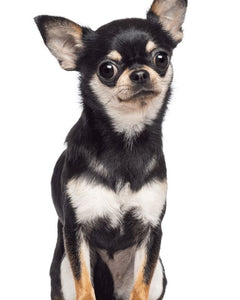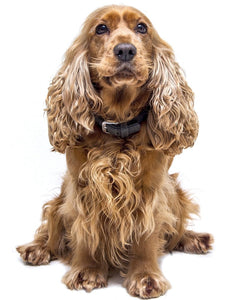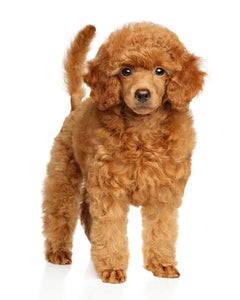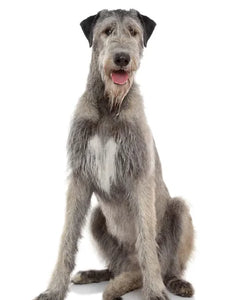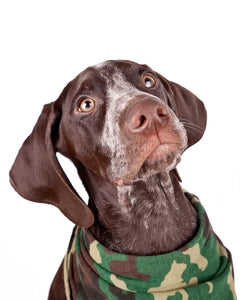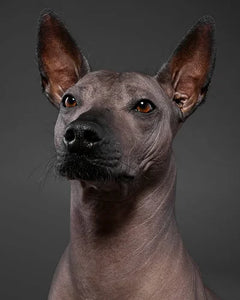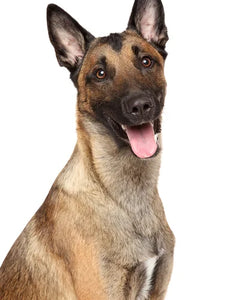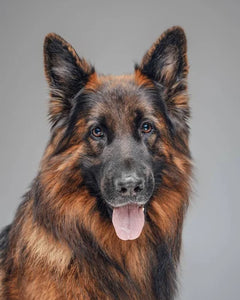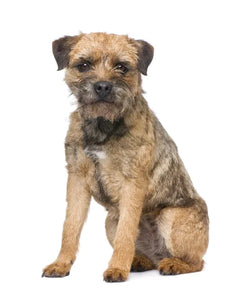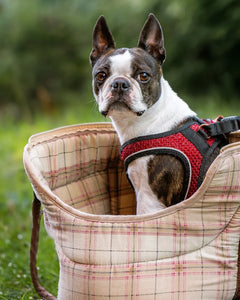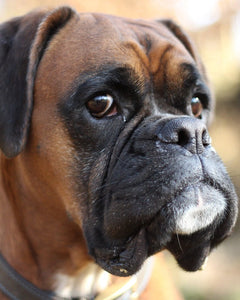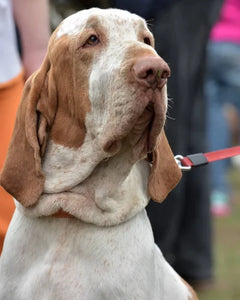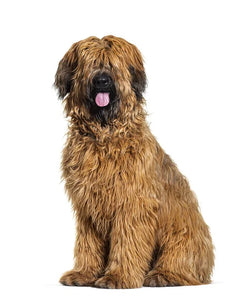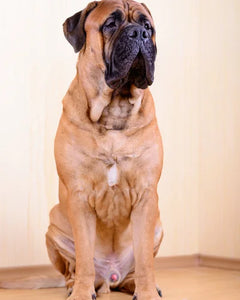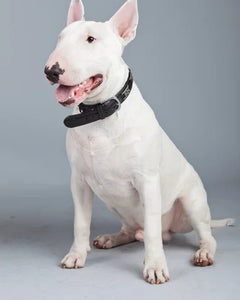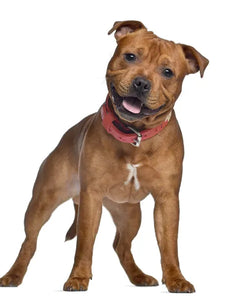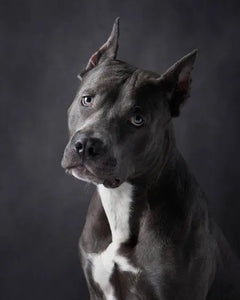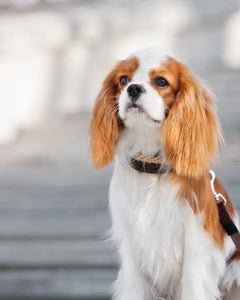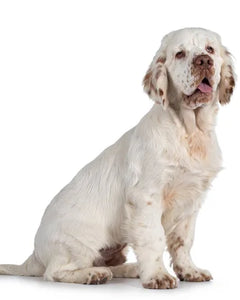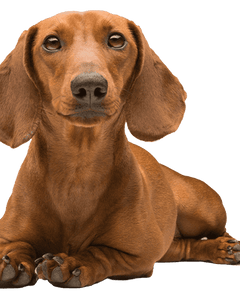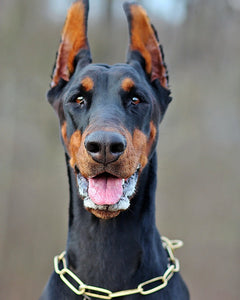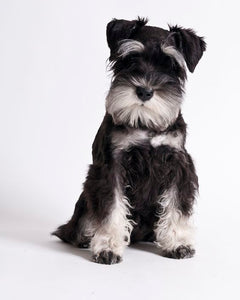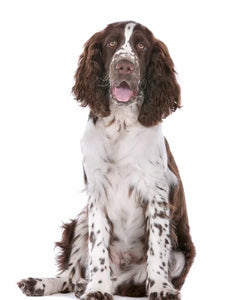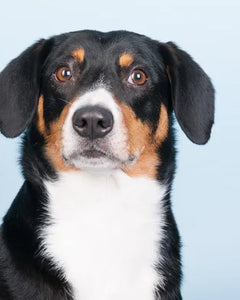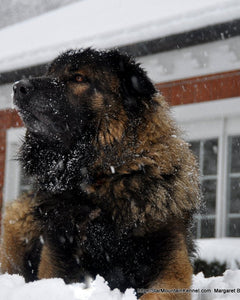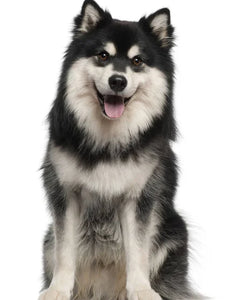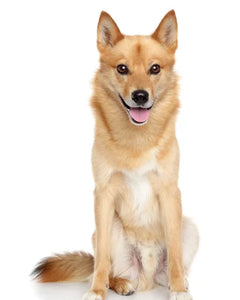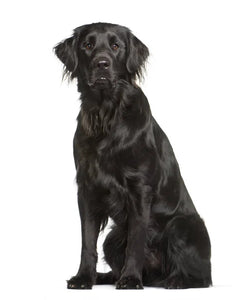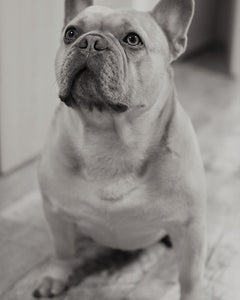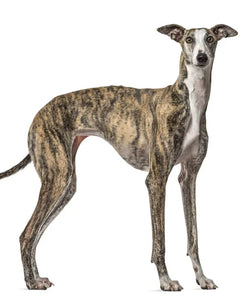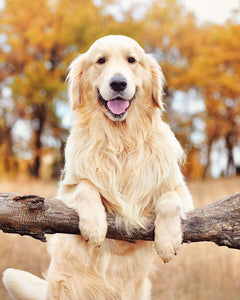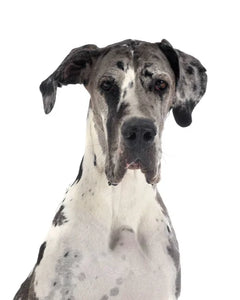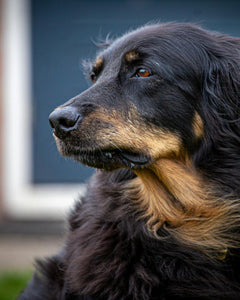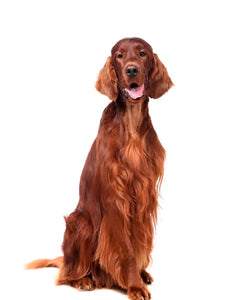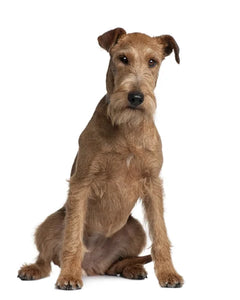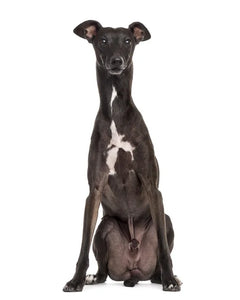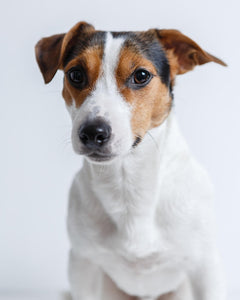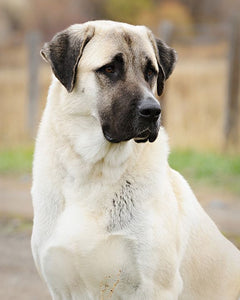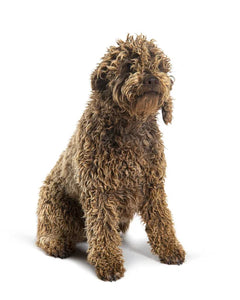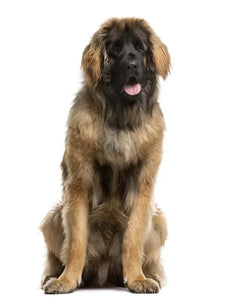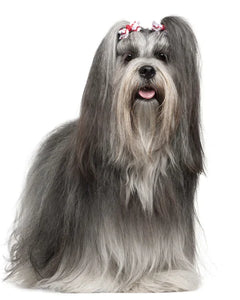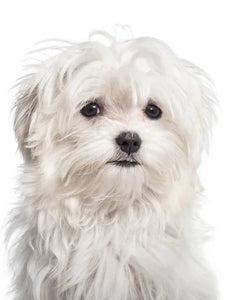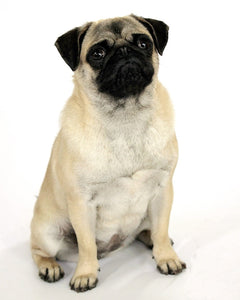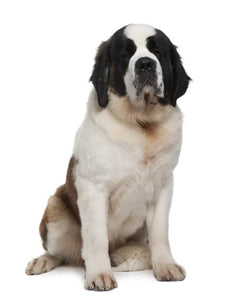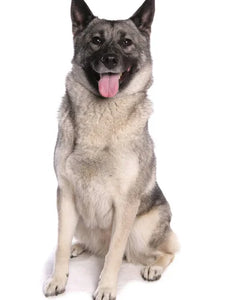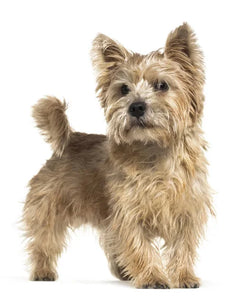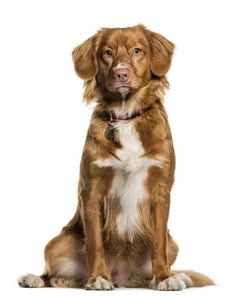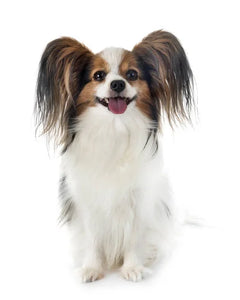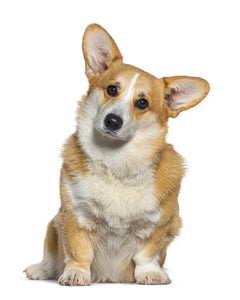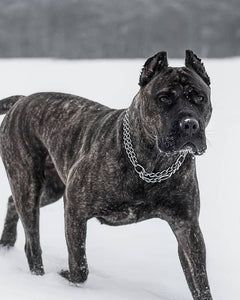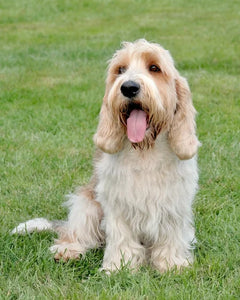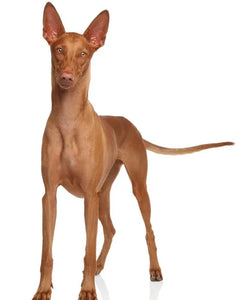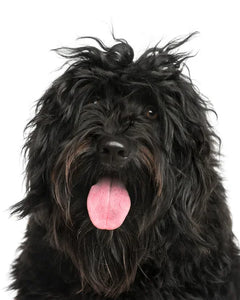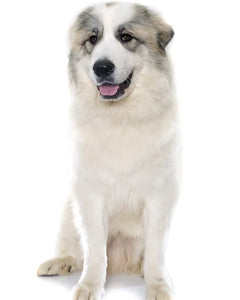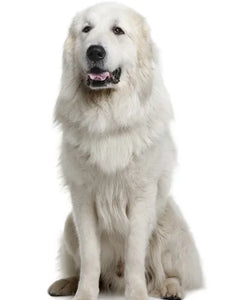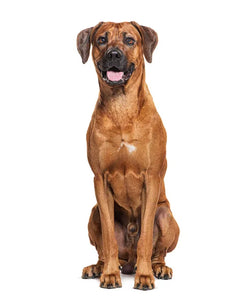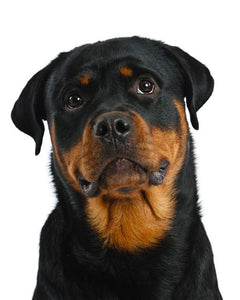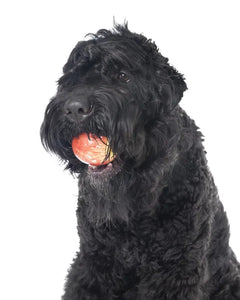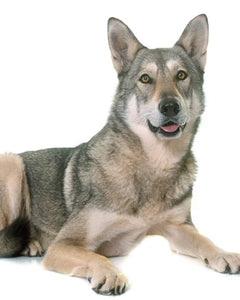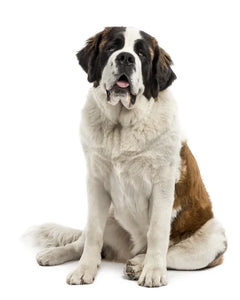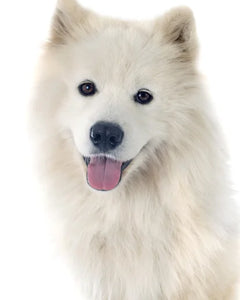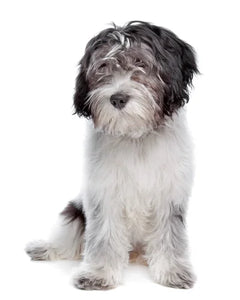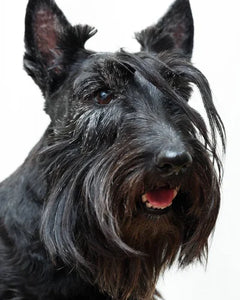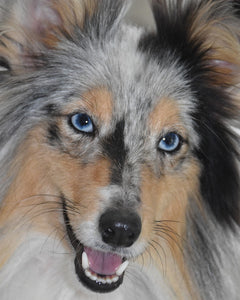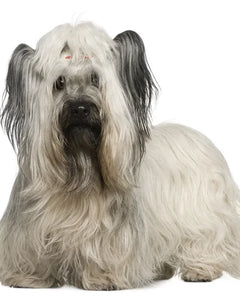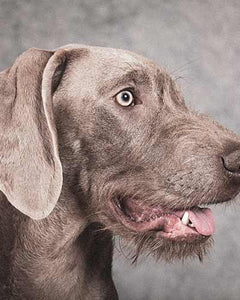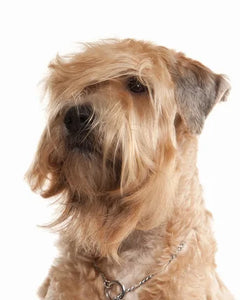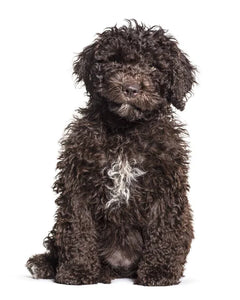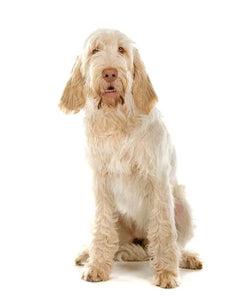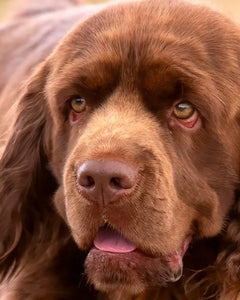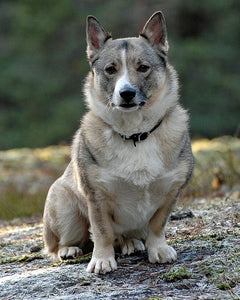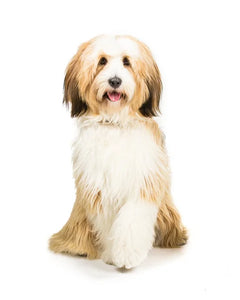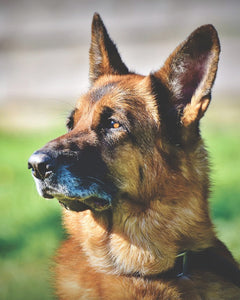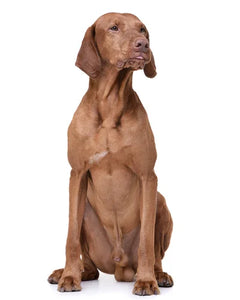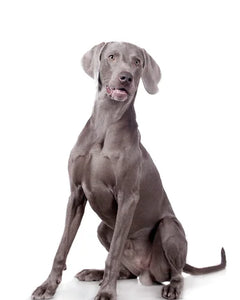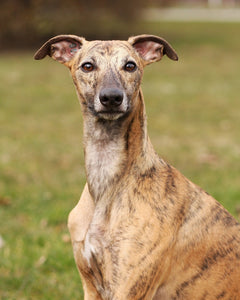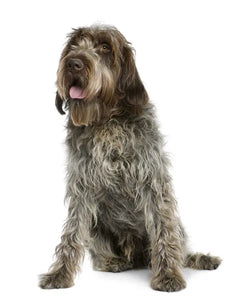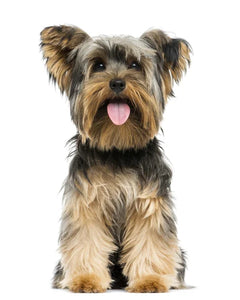Hundraser – en komplett guide till att välja, förstå och vårda din hund
Att välja en hund är ett stort beslut, och det första steget är att förstå att hundraser varierar stort när det gäller temperament, storlek och behov. Genom att noggrant studera olika rasers egenskaper kan du hitta en fyrbent vän som passar perfekt in i din familj och livsstil. En matchning baserad på kunskap skapar grunden för ett långt, friskt och lyckligt liv tillsammans. Denna guide är din resurs för att utforska allt från de majestätiska jättarna till de pigga småhundarna, de energiska arbetarna och de lojala familjemedlemmarna. Vi går igenom viktiga aspekter som hälsa, träning, mental stimulans och hur du bäst tar hand om din hund – oavsett ras.
Läs mer ↓Att förstå din potentiella hunds behov är nyckeln till en harmonisk relation. Många väljer en hund baserat på utseende, men en ras som ser bra ut kanske inte alls passar din energinivå eller ditt boende. En border collie är vacker, men den kräver en enorm mängd mental och fysisk stimulans för att må bra. En mops är charmig men kan ha allvarliga andningsproblem som kräver extra vård. Denna guide hjälper dig att se bortom det yttre och fokusera på vad som verkligen spelar roll för din framtida hundkompis.
Stora Hundraser: Kraftfulla jättar med stort hjärta.
Stora hundraser, som den ståtliga Grand Danois, den godmodiga S:t Bernard och den tålmodiga Bernese Mountain Dog, är kända för sin imponerande storlek. Trots sitt respektingivande yttre är de ofta lugna, vänliga och oerhört lojala mot sin familj. Men deras storlek ställer också höga krav. De behöver gott om utrymme, både inomhus och utomhus, samt en kost som är anpassad för deras snabba tillväxt och för att förebygga ledproblem. De kräver också konsekvent träning från tidig ålder för att hantera sin styrka.
Små Hundraser: Stor personlighet i litet format.
Små hundraser som Chihuahua, Yorkshire Terrier och Pomeranian är perfekta för dig som bor i lägenhet eller helt enkelt föredrar en mindre hund. De kräver inte samma mängd motion som sina större släktingar, men de är ofta mycket aktiva inomhus och har en stor personlighet. De är kända för att vara pigga, alerta och knyter starka band till sina ägare. På grund av sin storlek kan de vara känsliga för kyla och bör skyddas med kläder under de kallare månaderna.
Arbetande Hundraser: Intelligens och energi i fokus.
Raser som Border Collie, Australian Shepherd och Siberian Husky är inte bara vackra utan också otroligt intelligenta och energiska. De har en stark arbetsdrift och behöver ett "jobb" att utföra för att trivas. Utan tillräcklig fysisk och mental stimulans kan de bli understimulerade och utveckla destruktiva beteenden. De är utmärkta för hundsporter som agility, lydnad och spårning. Att investera i interaktiva leksaker, aktivitetsbollar och pussel är ett måste för dessa raser för att hålla deras skarpa hjärnor sysselsatta.
Jakt- och spårhundar: Födda för uppgiften.
Jakt- och spårhundar som Labrador Retriever, Golden Retriever och Cocker Spaniel har en naturlig instinkt att arbeta med människor. De har ofta en mjuk mun och en outtömlig lust att apportera, vilket gör dem till fantastiska familjehundar såväl som skickliga jakthundar. Deras aktiva natur kräver mycket motion, som simning, långa promenader och apporteringslekar. De är generellt lättlärda och ivriga att behaga, vilket gör dem till bra val för förstagångsägare som är beredda att ge dem den stimulans de behöver.
Vakthundar: Loja beskyddare med stark integritet.
Vakthundar som Rottweiler, Dobermann och Schäfer är kända för sin lojalitet och skyddande instinkter. De är intelligenta och modiga, vilket har gjort dem populära som polis-, militär- och tjänstehundar. För att bli välbalanserade familjehundar kräver de tidig och omfattande socialisering samt konsekvent träning med en fast, men kärleksfull hand. De är inga hundar för oerfarna ägare, då de behöver en tydlig ledare.
Sällskapshundar: Mästare på att sprida kärlek.
Vissa raser, som Cavalier King Charles Spaniel, Basset Hound och Fransk Bulldogg, är i första hand avlade för att vara sällskapshundar. De trivs bäst i sin familjs närhet och har ett lugnt och tålmodigt temperament. De kräver inte lika mycket intensiv motion som arbetsraser, men de behöver fortfarande dagliga promenader och rikligt med uppmärksamhet och kärlek. På grund av deras milda natur är de ofta utmärkta för barnfamiljer och äldre.
Hälsa och Näringsbehov: Skräddarsytt för varje ras.
Alla hundar har unika hälsobehov. Stora raser som Great Dane och S:t Bernard är predisponerade för ledproblem som höftdysplasi, medan mindre raser som Pomeranian och Tax kan vara mer benägna att drabbas av ryggproblem. Vissa raser, som Fransk Bulldogg och Pekingese, lider av andningsproblem på grund av sin platta nos. Det är avgörande att du väljer ett foder som är anpassat för din hunds storlek, ålder och ras för att stödja deras hälsa. Rådgör alltid med din veterinär för att få den bästa rekommendationen.
Livslängd och Ålderstecken.
Generellt sett har små raser en längre livslängd. En Chihuahua eller Tax kan leva upp till 16 år eller mer, medan en stor ras som S:t Bernard eller Grand Danois i genomsnitt lever 6-8 år. Som ägare är det viktigt att vara medveten om detta och ge sin hund bästa möjliga vård genom hela livet. Ansvarsfullt ägande inkluderar regelbundna veterinärbesök, en näringsrik kost och anpassad motion som matchar hundens ålder och energinivå.
Träning och Socialisering: Bygga en balanserad hund.
En väluppfostrad hund är en lycklig hund. Alla raser, oavsett storlek, behöver träning och tidig socialisering. Vissa raser, som Pudlar och Border Collies, är snabbtänka och lätttränade, medan andra, som Shiba Inu och Basenji, kan vara mer självständiga och kräva mer tålamod. Att utsätta din valp för olika människor, ljud och miljöer från en ung ålder är avgörande för att den ska utvecklas till en trygg och social hund.
Första gången hundägare?
Om du är ny som hundägare är det klokt att välja en ras som är känd för att vara förlåtande och lättlärd. Raser som Labrador Retriever, Golden Retriever och Bichon Frisé är ofta utmärkta val för nybörjare. De är kända för att vara vänliga, tålmodiga och ivriga att behaga. Dock är det viktigt att komma ihåg att varje individ är unik. En bra uppfödare kan hjälpa dig att hitta en valp med ett temperament som passar just dig och din familj.
Slutord: En hund är ett livslångt åtagande.
Oavsett vilken ras du väljer är det viktigaste att du är redo att ta ett långsiktigt ansvar. En hund kräver engagemang, tid och kärlek under hela sitt liv. Genom att basera ditt val på gedigen information och ge din hund rätt vård, kost och träning, lägger du grunden för en fantastisk och kärleksfull relation.
Denna text är en guide och ersätter inte professionell rådgivning från en veterinär eller uppfödare. Använd informationen som en startpunkt i ditt sökande efter rätt hund och se till att alltid göra egen djupgående forskning innan du tar hem en ny familjemedlem.
Zoostar är mer än en butik – vi är en community för djurälskare.
Här möts kvalitet, omtanke och passion för våra fyrbenta vänner.
Dela gärna med dig av dina erfarenheter, tips och bilder via våra kundrecensioner – tillsammans hjälper vi varandra att utvecklas som djurägare. För en värld fylld av omtanke, gemenskap och kärlek till djuren. 🐾
